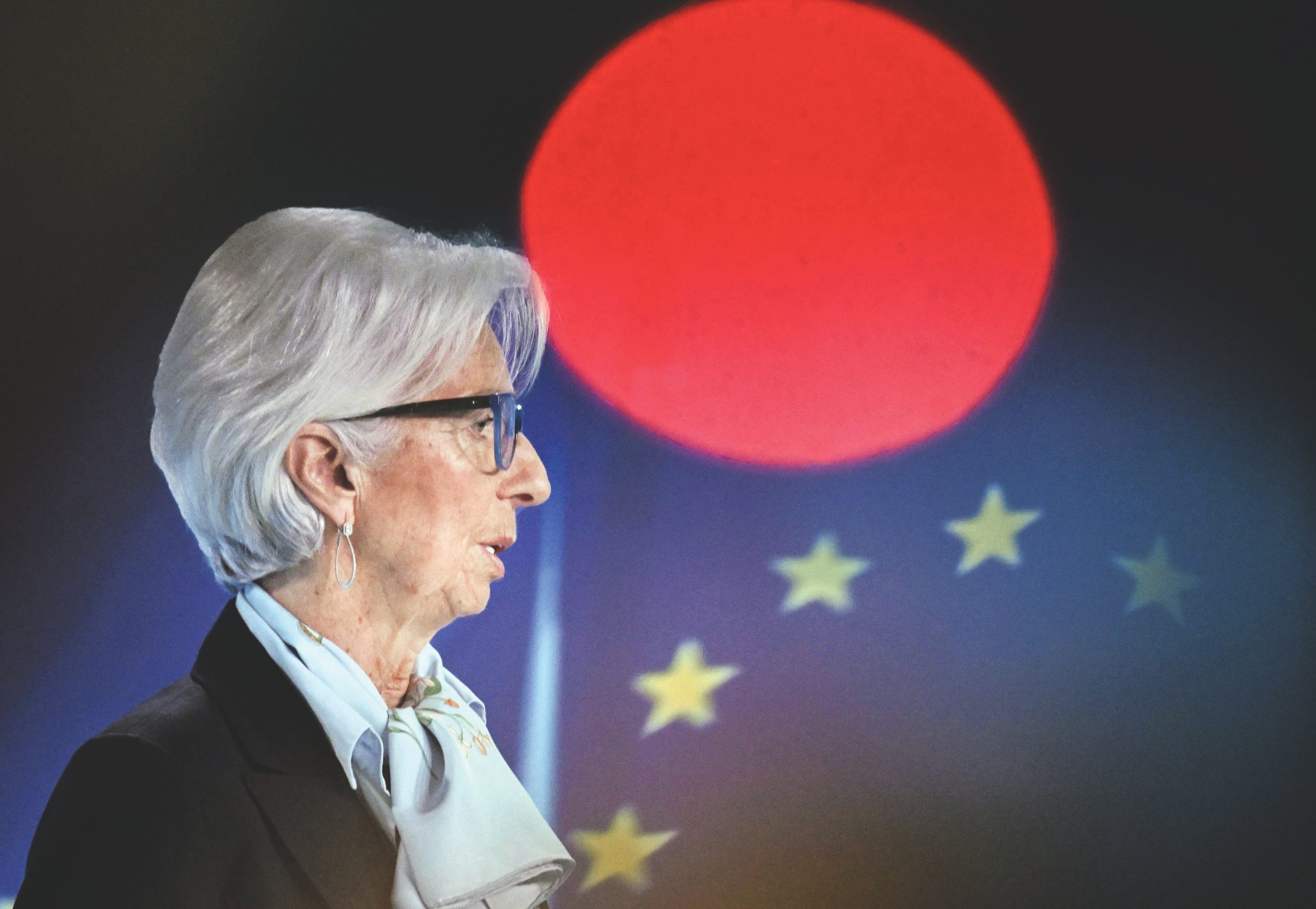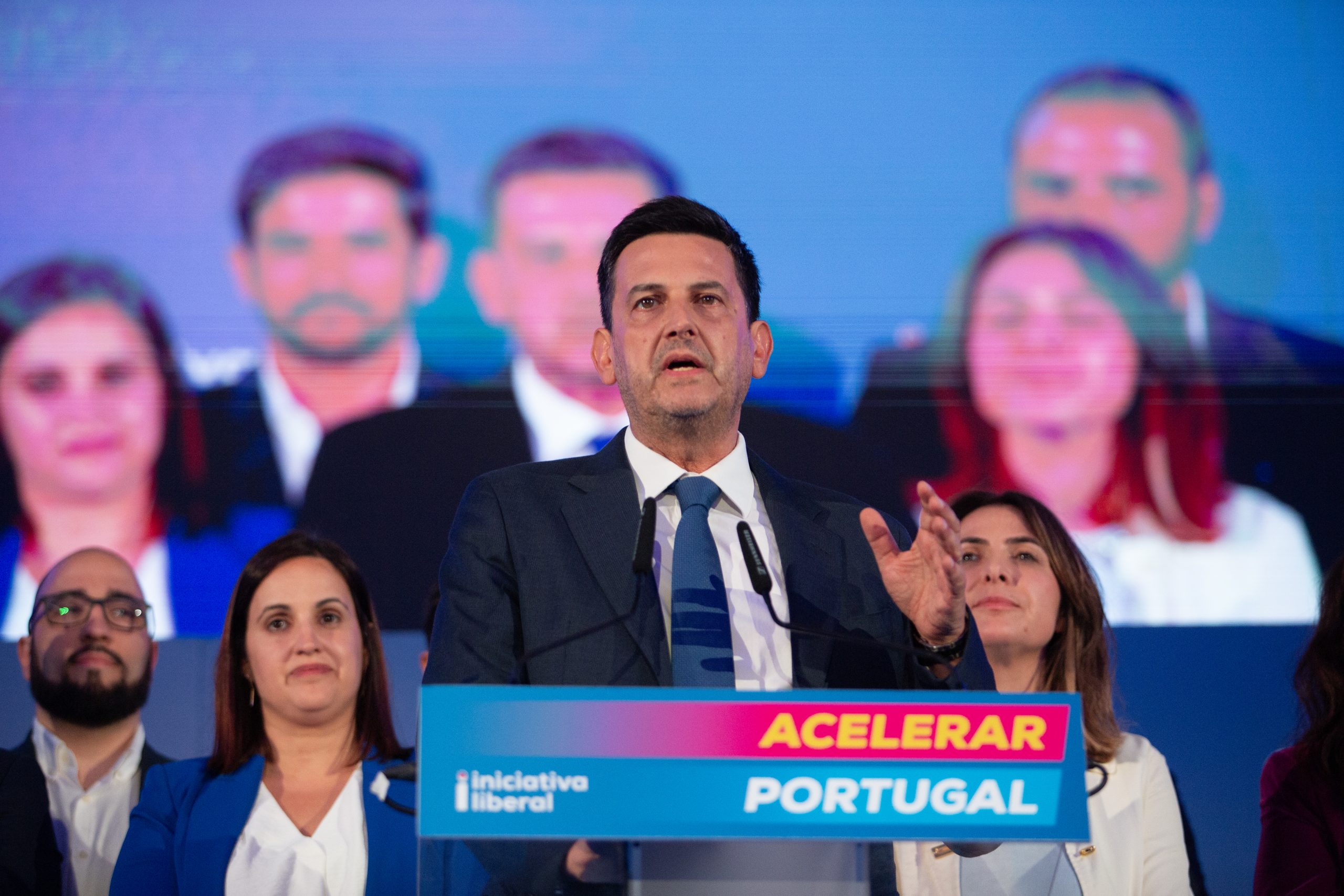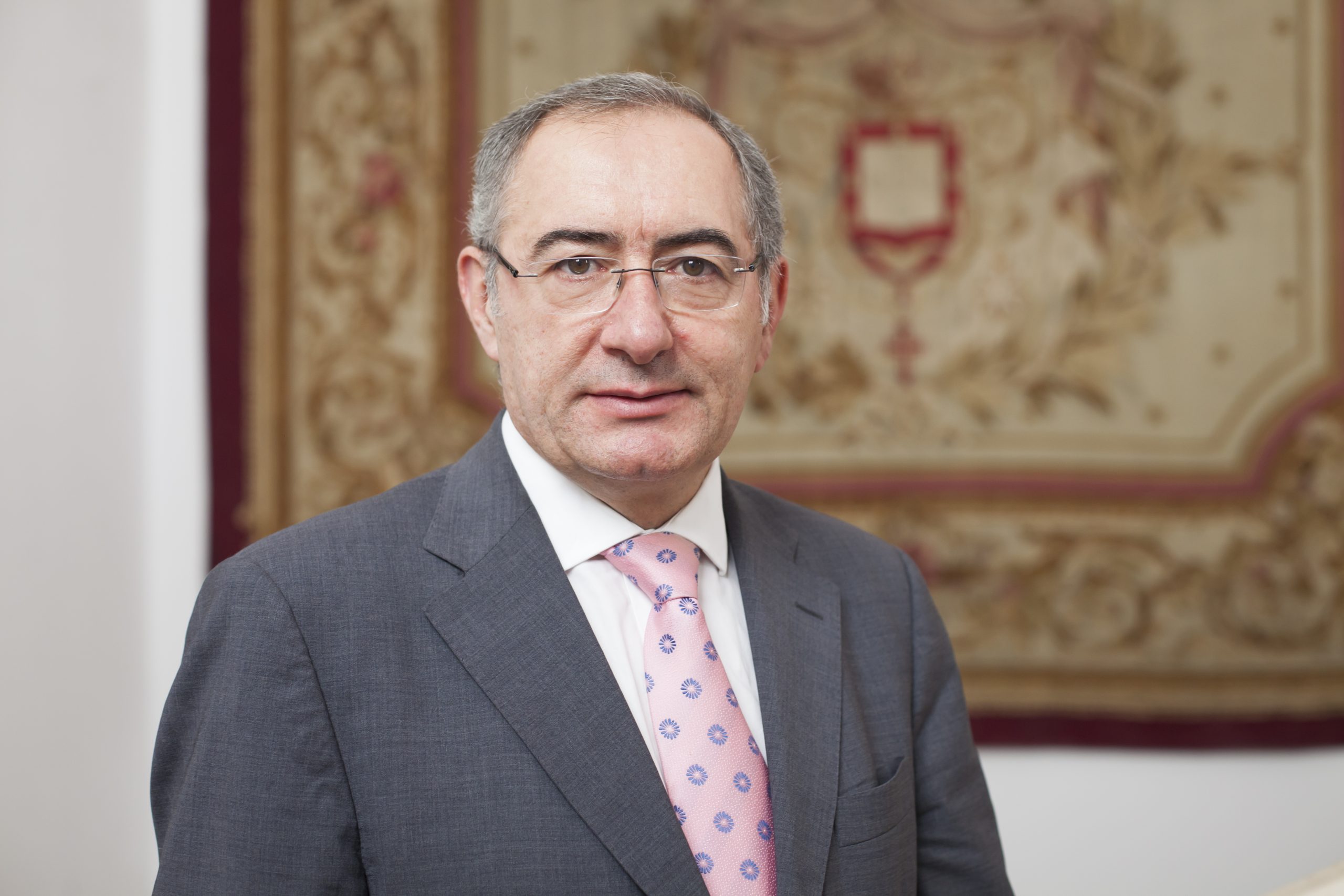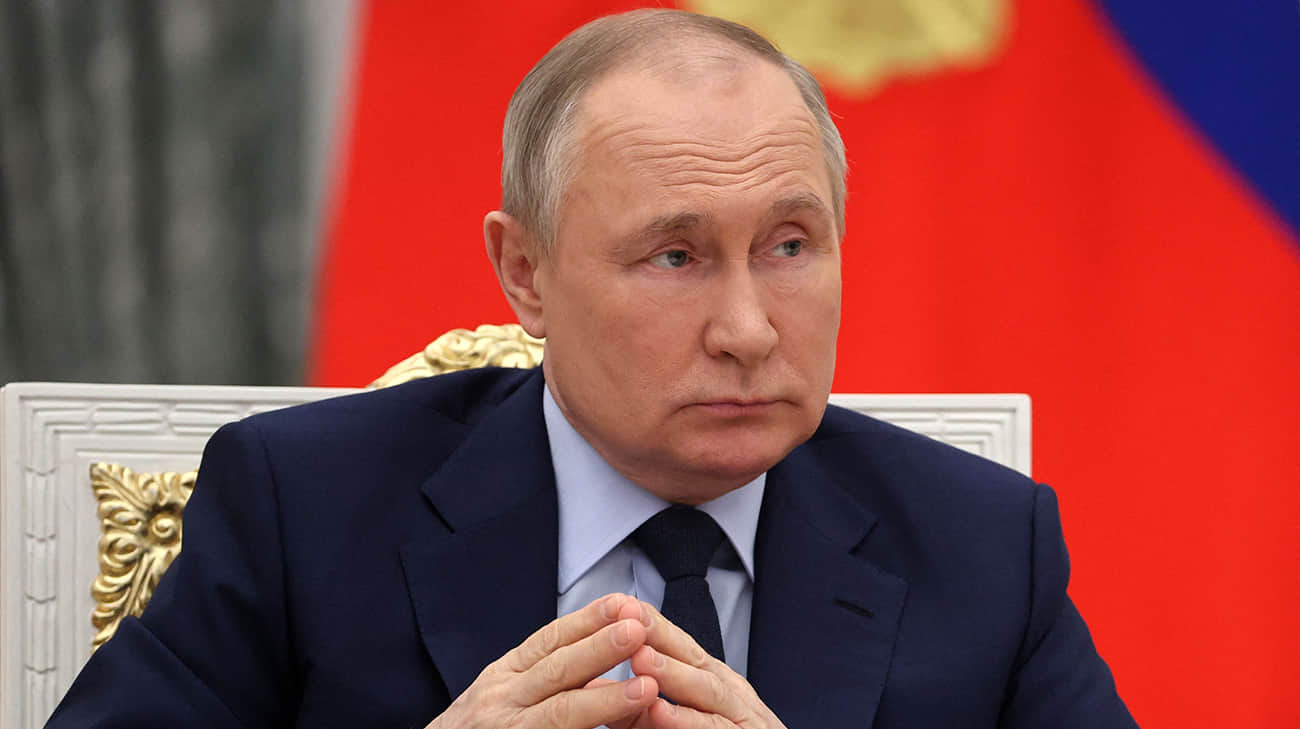Women who send in the economy

Christine Lagarde is the main face to decide European economic policy, and is often associated with the decision to rise or not from interest rates. Kristalina Georgieva assumes the commands of the International Monetary Fund responsibly in the predictions of economic growth. Here, we have Nazaré da Costa Cabral that independently evaluates the compliance and sustainability of the Portuguese budgetary policy.
Economic and financial destinations have several women to the rudder. One of the maximum examples is Christine Lagarde, president of the European Central Bank (ECB), which aims to maintain price stability, seeking to ensure that inflation remains low, stable and predictable, having as a mandate to maintain an inflation rate of 2% in medium term, hence the decision to decline interest rates in recent years.
Lagarde was the first woman to preside over to the European Central Bank, but had already been the first female person to be Finance Minister in France. In 2011, he took over the Reins of the International Monetary Fund (IMF). Defender of gender equality, he even said that the dominance of men in the financial sector made some collapses like that of Lehman Brothers bank. During the IMF term, the training lawyer was responsible for negotiating the financial contribution to the eurozone countries. The fact that it has no economic formation was a reason for various criticisms, as it is uncommon for a person without this formation to be chosen to lead the IMF or the ECB, but the truth is that it remains in office.
Lagarde's political career – born in Paris in 1956 – only began in 2005. And until he reached the IMF in 2011, he piloted the French economy during the 2008 international financial crisis and the eurozone crisis in 2010 and 2011, something that gave him great credibility. Personally, Christine has been married twice and has two children. Since 2006, his partner has been the French businessman Xavier Giocanti.
Very concerned about female emancipation, Lagarde gained several distinctions and was chosen as the second most powerful woman in the world by the US magazine Forbes.
Another international example is Kristalina Georgieva, director-general of the International Monetary Fund who assumed this in 2019, becoming the first woman of an emerging country leading the IMF. He then left the position of executive director of the World Bank. Daughter of a civil engineer, Kristalina Georgieva was born in Sofia, Bulgaria, and studied, in her country, economic policy and sociology at the Karl Marx Institute of Economics. He then went to the London School of Economics in the UK. Never forgetting where it came from, Georgieva does not hide the pride of the course. “My grandparents had very little education. My parents finished high school. I was the first in my big family to have a doctorate. From a village in Bulgaria the CEO of the World Bank. This is a possibility! ”He even said before his life passes through the IMF. Fluent in Bulgarian, English and Russian, the director general of the IMF still gives some touches in the French.
Success is not here: in 2010, 'European of the Year' and 'Commissioner of the Year' by European Voice, a recognition for its leadership in the European Union response to humanitarian crises. In October 2020, he received the ATLANTIC Council's distinguished International Leadership Award award in recognition of exceptional and distinct contributions during his public service career.
With a more political and less economic career Ursula Von Der Leyen, chairman of the European Commission. He is Belgian, graduated in medicine and mother of seven children. Polyglot and still pro-European, something that owes a lot to the father, Ernst Albrecht, who between 1976 and 1990 was the minister-president of Baixa Saxony and a high employee of the European economic community. In addition to all this, Ursula von der Leyen is the first woman at the head of the European Commission. He studied economy in London and did not like it, then turned the interests to medicine. He was an ally of Angela Merkel and was in three German ministries: family, health and defense -a position that was also the first to head -having left the latter to preside over to the European Commission. But before that, he lived (1992-1996) in the United States at a time when her husband, Heiko von der Leyen, was part of Stanford University faculty. After his return to Germany, he was a member of the faculty in the Department of Epidemiology, Social Medicine and MHH Health Systems Research. In addition, he made a master's degree in public health. His choice for the European Commission commands was not consensual and its popularity was not high either. As a woman, he promised a joint commission in gender. But not only. It guaranteed a European protection system against unemployment, a more harmonious asylum right and the recognition of the right of initiative to parliament for legislative projects.
Also in the most political aspect, Roberta Metsola, president of the European Parliament. Despite being the third woman at the head of the European Parliament was the youngest ever to take office.
National faces One of the prominent national faces is Nazaré Costa Cabra, president of the Public Finance Council. Financial discipline is a “mirror” of the economic robustness and social stability of a country and allows governments to have “the necessary margin of public policies to which they were mandated by citizens”. This is one of the mothers of the chairman of the Public Finance Council whose function is to be 'police' of compliance with the budget rules in Portugal and the sustainability of public finances.
Nazaré Costa concluded in 1994 the degree in Law, ended the master's degree in Community Sciences, at the same institution, where he also made his doctorate in law, in the legal-economic science variant, which ended in 2007. He also made the degree in Economics, in the new school of Business & Economics, which concluded in 2015.
Of the many 'Achegas' that gave to the country, he even said that Portugal should be concerned with “solidity and salary stability” and “ensuring that workers can count on a salary”, seeing with bad eyes the “multiplication of non-contributory social support”.
In another office but not least we have Sandra Maximiano, who in 2023 was appointed president of the National Communications Authority (Anacom). He is an economist and is committed to his role. It expects more competition in the market and has said it will launch a national study to learn about telecommunications prices and expect the first results this year.
In January this year, Sandra Maximiano also took over her duties as vice president of the European Postal Regulators Group (ERGP).







